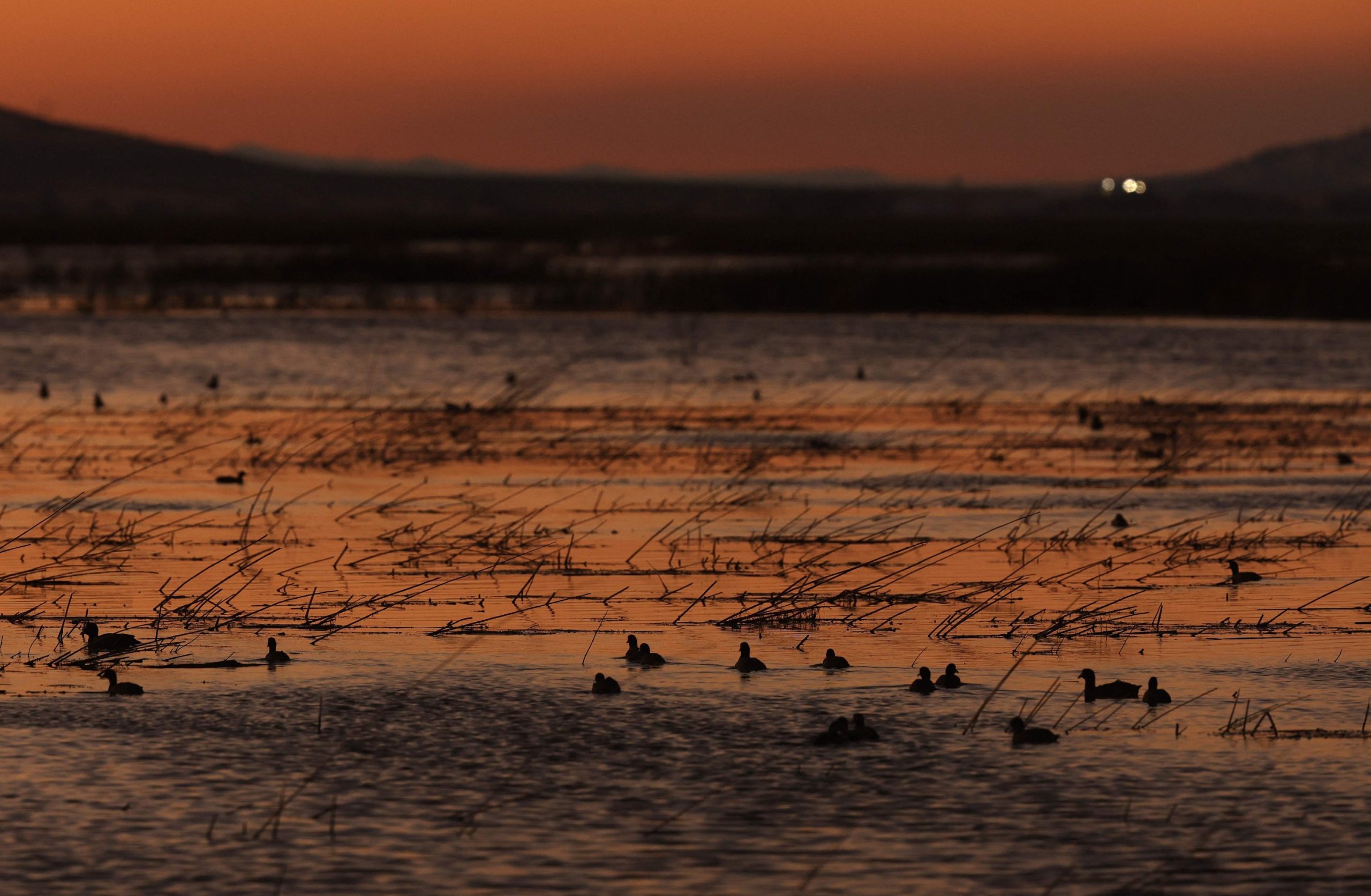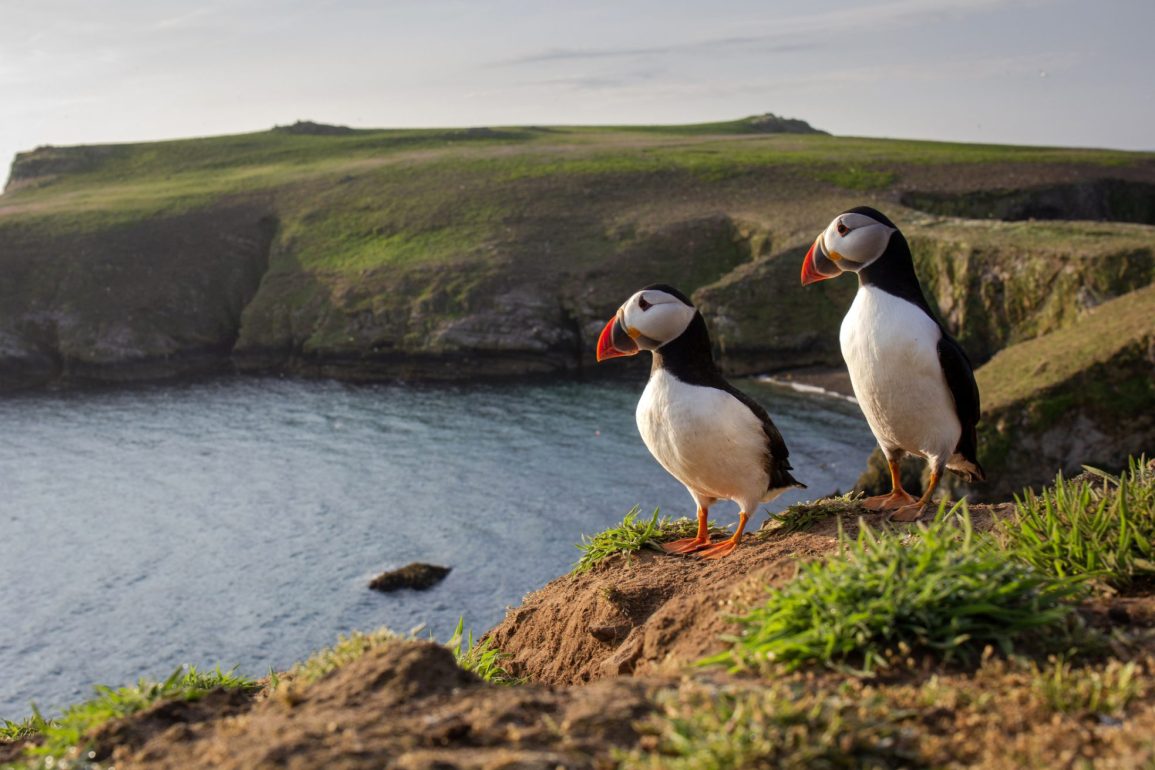A recent report by the World Wide Fund for Nature (WWF) has highlighted a dire situation regarding global biodiversity, revealing a catastrophic 73% decline in average wildlife populations over the past 50 years. This alarming finding comes just days before the United Nations convenes a critical two-week conference on biodiversity, COP16, in Cali, Colombia, where discussions will focus on climate change and the urgent need for wildlife protection.
The report draws attention to the fact that this decline has occurred within the lifetime of many individuals, prompting urgent calls for action to address the ongoing crisis.
The report attributes this dramatic loss in biodiversity primarily to human activities and climate change, which are rapidly transforming natural habitats and making it increasingly difficult for many species to adapt. Experts like Dr. Robin Freeman, a global biodiversity specialist, emphasize the unprecedented pace of environmental change, which disrupts the long-established connections species have with their habitats.
According to Dr. Elizabeth Hadly from Stanford University, species that have evolved over thousands to millions of years are now facing extinction at alarming rates due to these rapid changes, underscoring the need for immediate intervention.

Several specific examples illustrate the widespread impact of biodiversity loss. In California, the winter-run Chinook salmon population has plummeted by 88% since 1970, largely due to the Shasta Dam’s blockage of historical spawning grounds and the threats posed by climate change to essential migration routes.
Chief Caleen Sisk of the Winnemem Wintu Tribe is actively collaborating with Maori leaders and federal fish biologists to restore salmon populations to the McCloud River. This effort highlights the critical role of salmon in local ecosystems and the importance of maintaining healthy waterways for both wildlife and human communities.
The urgency of protecting biodiversity is further reinforced by experts who argue that it is vital for human survival. Dr. Hadly warns that the loss of biodiversity can have severe implications for food security, medicine, and housing.
Dr. Katie LaBarbera from the San Francisco Bay Bird Observatory stresses that many native bird populations rely on the diverse ecosystems surrounding them for survival. The interconnectedness of these species and their habitats underscores the necessity of preserving biodiversity for the well-being of both wildlife and humanity.
As the COP16 conference approaches, there is hope that nations will agree on new standards and strategies to restore nature and combat the decline in biodiversity. The alarming statistics in the WWF report serve as a crucial reminder of the pressing need for collective action to protect wildlife and their habitats.
With the fate of countless species and the health of the planet hanging in the balance, the outcomes of this conference could have profound implications for the future of global biodiversity and the survival of humanity.

